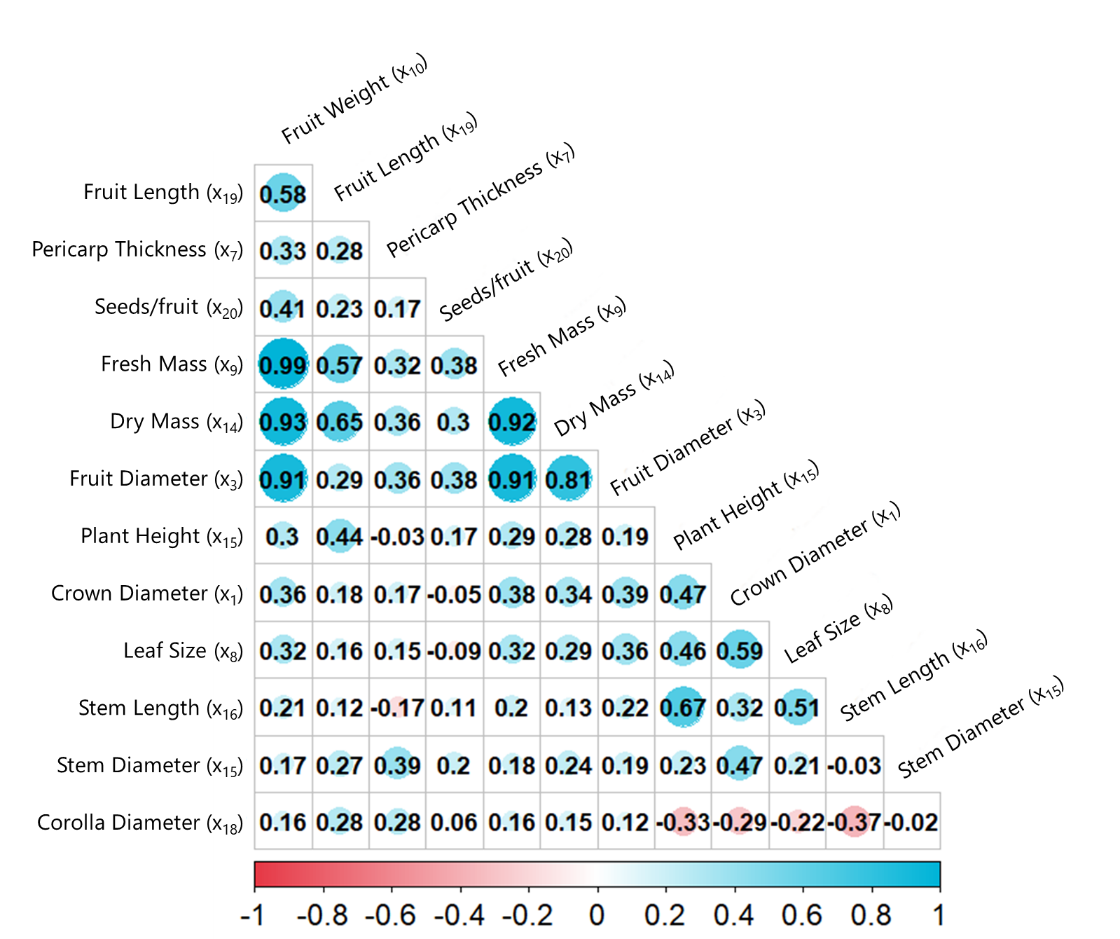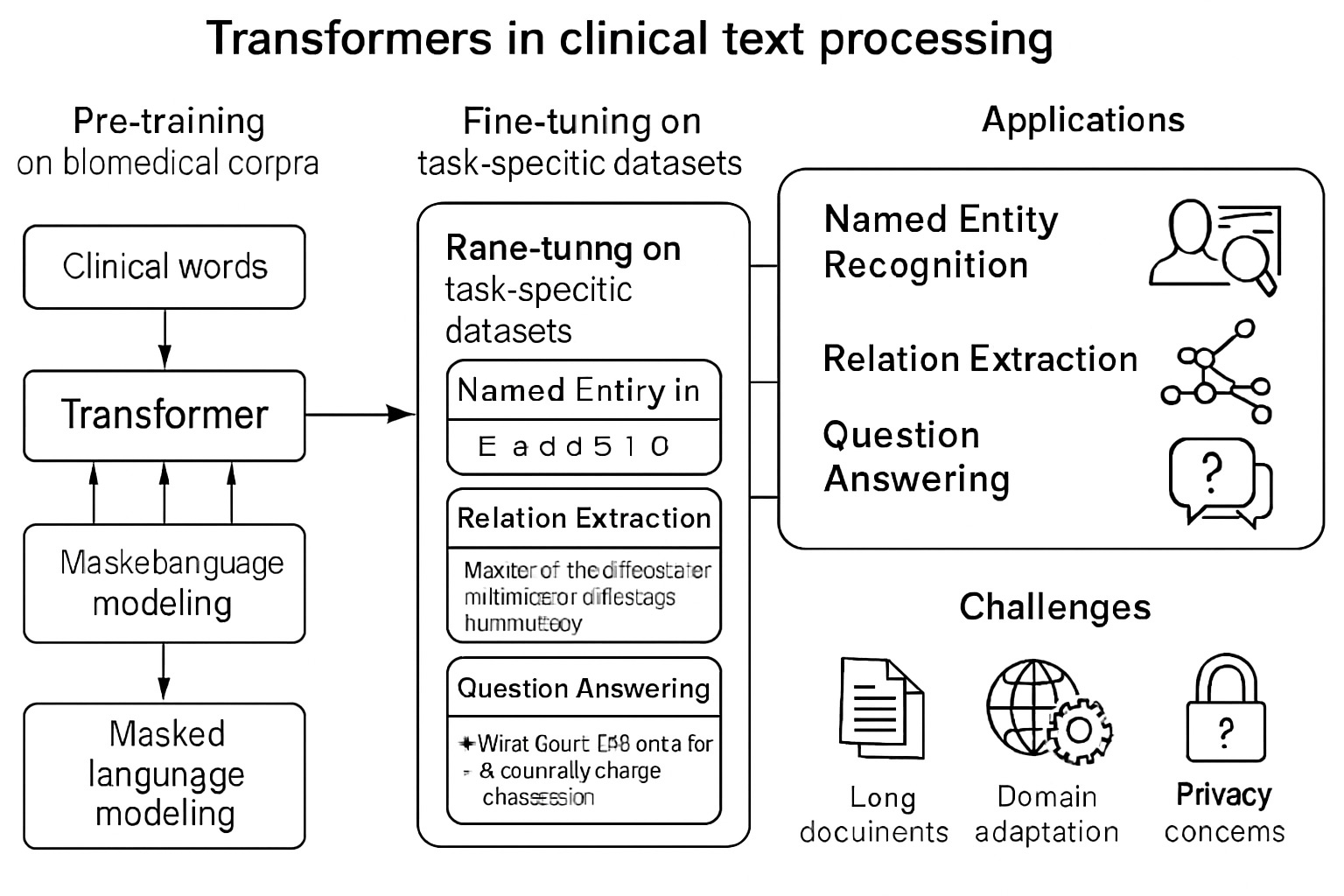ICCK Transactions on Machine Intelligence | Volume 1, Issue 3: 166-185, 2025 | DOI: 10.62762/TMI.2025.385133
Abstract
The classification of Capsicum spp. varieties is often hindered by their morphological similarities, making accurate identification a challenging task. To address this issue, this study applies a hybrid computational approach that combines data dimensionality reduction techniques using Principal Component Analysis and Factor Analysis with various supervised Machine Learning algorithms. The dataset, which is unprecedented in the literature and was collected under controlled agricultural conditions, enables a robust evaluation of models including Logistic Regression, Support Vector Machine, K-Nearest Neighbors, Random Forest, Decision Tree, and Gradient Boosting. Model performance was assessed... More >
Graphical Abstract






